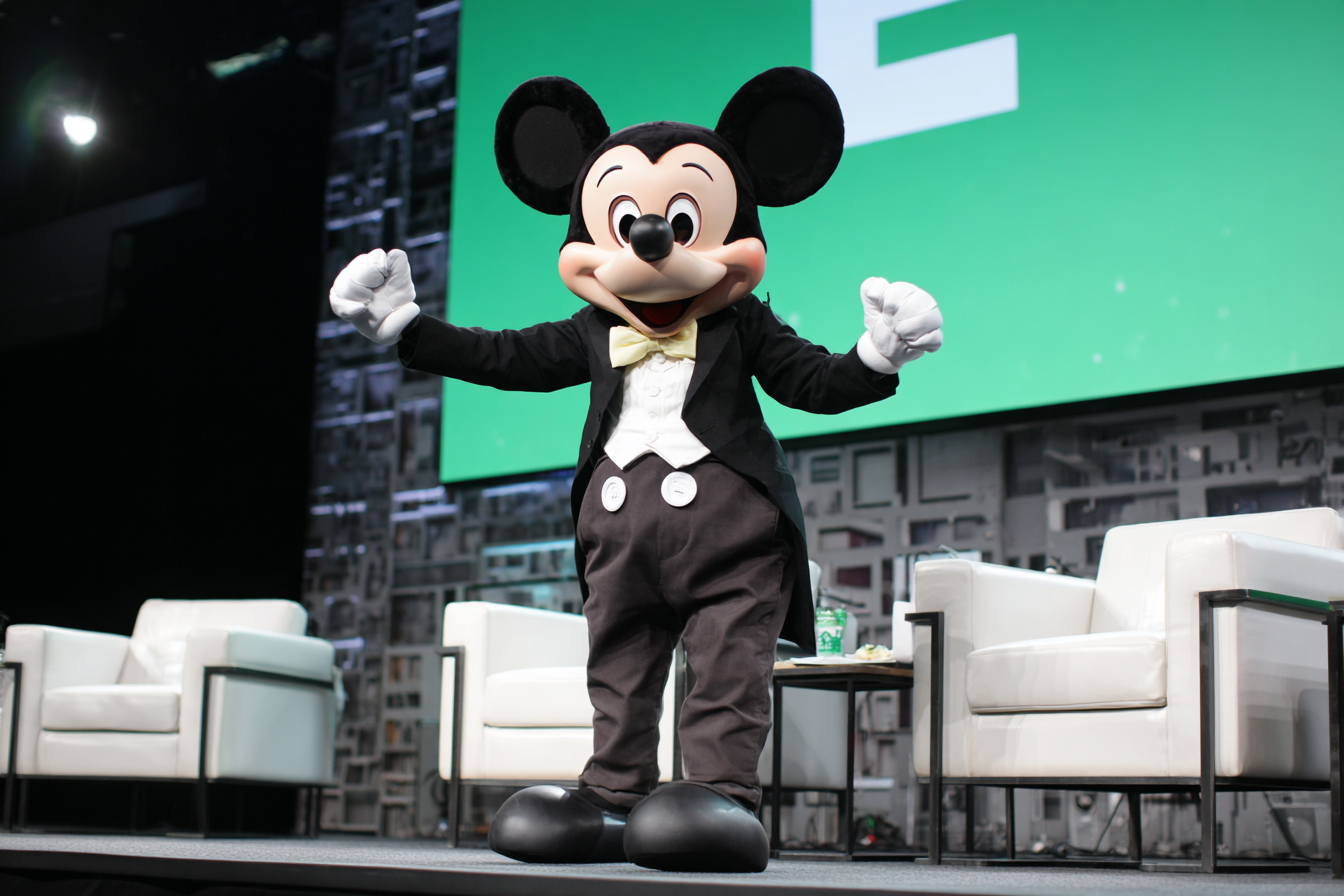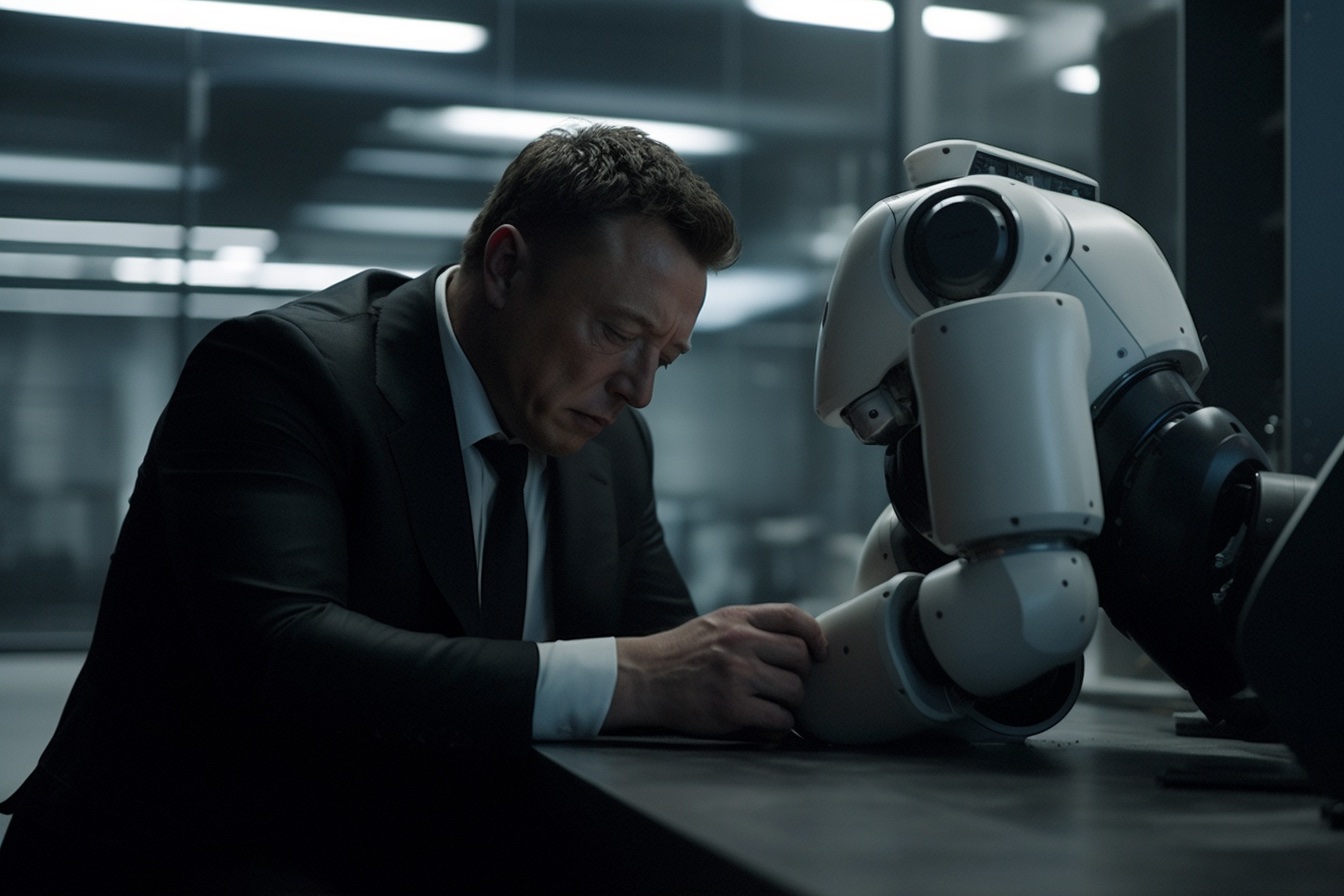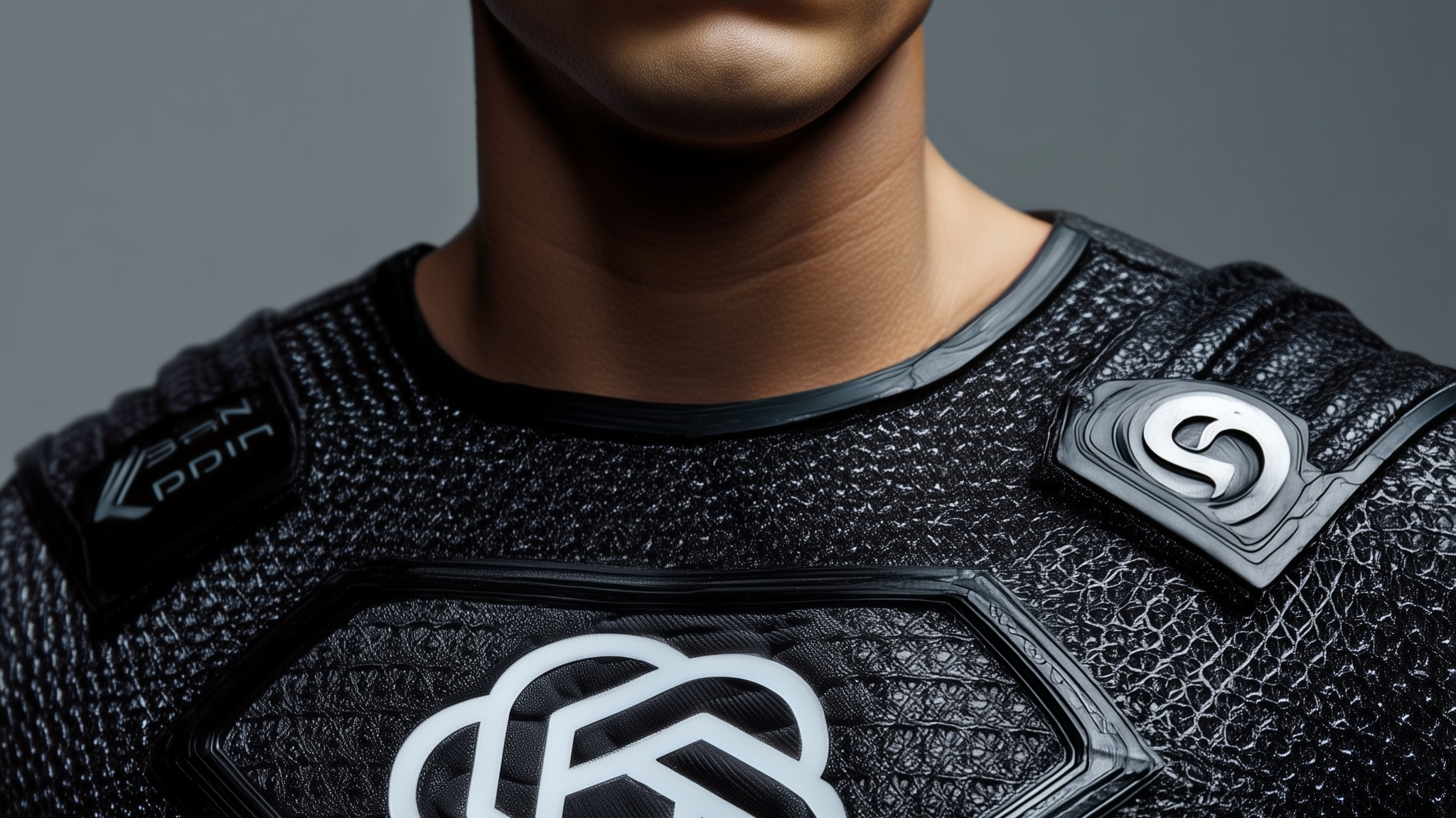
Disney’s $1B investment in OpenAI signals a shift from automation to participation, turning iconic IP into living worlds where fans become creators.

Elon Musk, the forward-thinking CEO of Tesla and SpaceX, is no stranger to taking bold risks in the world of technology. However, when it comes to artificial intelligence (AI), Musk has expressed concerns about the potential risks to humanity.
In a 2014 interview, Musk called AI “our greatest existential threat.” He warned of the dangers of unbridled AI development, likening it to “summoning the demon.” He has called for increased regulation and monitoring of AI research and development.
Musk’s warnings about AI are not unfounded. In the wrong hands, AI has the potential to be used for destructive purposes, such as the development of autonomous weapons or the manipulation of political systems.
In 2015, Musk and other tech leaders signed an open letter advocating for AI research that focuses on developing beneficial AI and ensuring that AI remains under human control. Musk’s company, OpenAI, is at the forefront of developing safe and beneficial AI that benefits humanity.
OpenAI is working on developing AI tools that can be used for positive purposes, such as improving healthcare, education, and environmental sustainability.
Musk has also called for the creation of a regulatory agency to oversee AI development, similar to the Federal Aviation Administration (FAA) for aviation. He believes that AI development should be subject to strict oversight and that AI should be designed with safety in mind.
The development of AI is a double-edged sword. On one hand, it has the potential to bring unprecedented benefits to humanity, such as early detection and diagnosis of diseases, personalized education and learning experiences, and more efficient and sustainable use of resources.
On the other hand, the development of AI also poses significant risks. Unchecked AI development can lead to catastrophic consequences, such as the development of autonomous weapons and the loss of human control over decision-making.
Musk’s concerns about AI may seem extreme, but they are a call to action for responsible and cautious innovation. As we continue to push the boundaries of AI technology, we must ensure that we are taking a responsible and ethical approach to its development.
In conclusion, Elon Musk’s warnings about AI serve as a wake-up call for the potential risks and consequences of its development. As innovators and creators, we have a responsibility to develop safe and beneficial AI that benefits humanity while minimizing its risks. Let’s push the boundaries of innovation while also safeguarding our future.
RELATED POSTS

Disney’s $1B investment in OpenAI signals a shift from automation to participation, turning iconic IP into living worlds where fans become creators.

How Sightbox crafted Overstock’s Vault campaign using AI tools and human insight.

AI design looks clean but all the same. Humans bring taste, soul, and originality. Learn why real creativity still dunks on AI dribble.

AI isn’t replacing us—it’s upgrading us. We’ve entered the Superhuman Era, where humans and AI collaborate to multiply creativity, output, and impact.